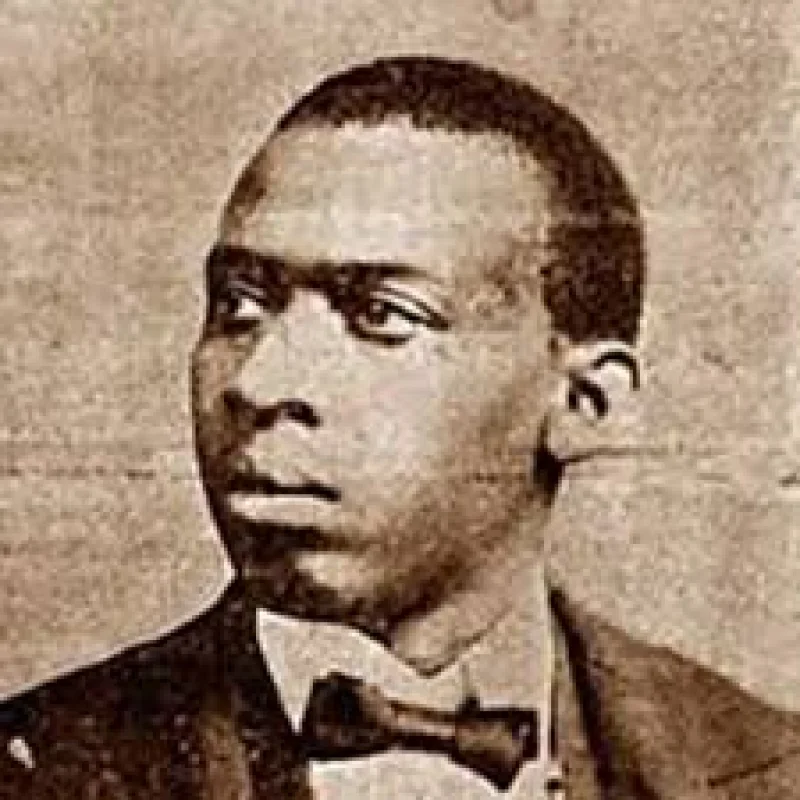Short Summary
Konrad Lorenz was an Austrian zoologist, ethologist, and ornithologist renowned for his foundational work in the field of ethology, the study of animal behavior. He is most famous for his research on imprinting in birds, which has significantly influenced our understanding of animal and human behavior. Lorenz's contributions earned him the Nobel Prize in Physiology or Medicine in 1973, shared with Nikolaas Tinbergen and Karl von Frisch. His work has left a lasting impact on the scientific study of animal behavior and psychology.
Early Life & Education
Konrad Lorenz was born on November 7, 1903, in Vienna, Austria, into an affluent family. His father was a successful orthopedic surgeon, and his mother was a physician. From an early age, Lorenz showed a keen interest in animals and nature, often observing and caring for various creatures. He pursued medical studies at the University of Vienna, where he earned his MD in 1928. Later, he studied zoology at the University of Munich, receiving his PhD in 1933. His early work and passion for animals laid the groundwork for his future contributions to ethology.
Career Highlights
Throughout his career, Konrad Lorenz made significant contributions to the study of animal behavior. His pioneering work on imprinting, particularly with geese and ducks, demonstrated how young animals form attachments during a critical early period. Lorenz served as a professor and researcher at several institutions, including the Max Planck Institute for Behavioral Physiology, which he co-founded in 1958. His publications, such as "King Solomon's Ring" and "On Aggression," popularized ethology and provided insight into both animal and human behavior. Lorenz's innovative research methods and theories have had a profound impact on the field of ethology.
Major Achievements
- Developed the concept of imprinting in birds, a critical discovery in understanding animal behavior.
- Co-founded the Max Planck Institute for Behavioral Physiology, advancing research in ethology.
- Received the Nobel Prize in Physiology or Medicine in 1973 for his work in ethology.
- Authored influential books such as "King Solomon's Ring" and "On Aggression," which popularized the study of animal behavior.
Famous Quotes
- "Truth in science can be defined as the working hypothesis best suited to open the way to the next better one."
- "The bond with a true dog is as lasting as the ties of this earth can ever be."
Interesting Facts
- Konrad Lorenz was an avid writer, producing numerous books and articles on ethology.
- He served in the German army during World War II and was captured by Soviet forces.
- Lorenz had a passion for keeping geese as pets, which greatly aided his research on imprinting.
- He was known for his approachability and ability to communicate complex ideas to the general public.
Legacy / Influence
Konrad Lorenz's work has left a lasting impact on the fields of ethology and psychology. His discoveries regarding imprinting and animal behavior have influenced both scientific research and popular understanding of the natural world. Lorenz's ability to connect his findings to human behavior has enriched discussions on aggression, social structures, and the nature of humans. His contributions continue to inspire researchers and animal enthusiasts worldwide.
FAQ
Q: Why is Konrad Lorenz famous?
A: He is famous for his pioneering work in ethology, particularly his research on imprinting in birds.
Q: What did Konrad Lorenz win a Nobel Prize for?
A: He won the Nobel Prize in Physiology or Medicine in 1973 for his discoveries concerning the organization and elicitation of individual and social behavior patterns.
Q: What is imprinting?
A: Imprinting is a form of learning in which a young animal develops a strong attachment to the first moving object it encounters, usually its mother.













